Wärtsilä to convert some Stena Line ferries to methanol fuel
Green Car Congress
JULY 3, 2023
Technology group Wärtsilä has been contracted by Swedish ferry operator Stena Line to carry out and convert some of its vessels to operate with methanol fuel. The conversions will include the fuel supply system and engine modifications, as well as integrating the new installations with the ships’ existing systems.

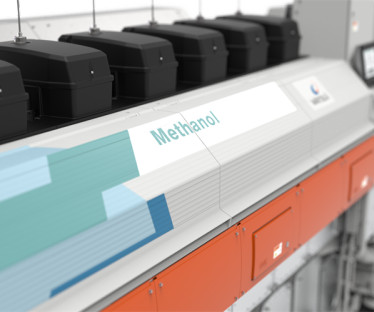
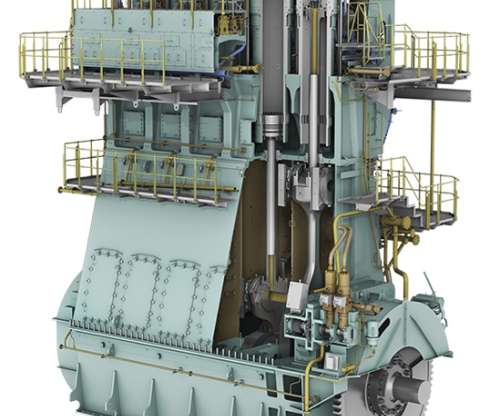
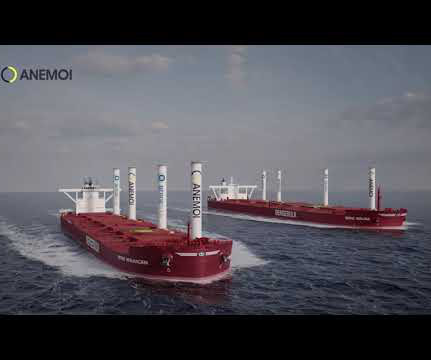





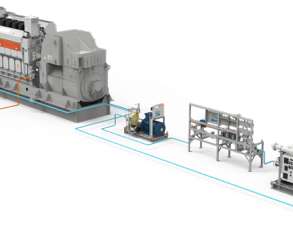



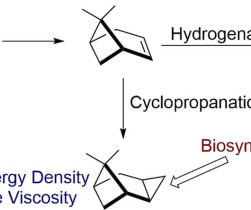

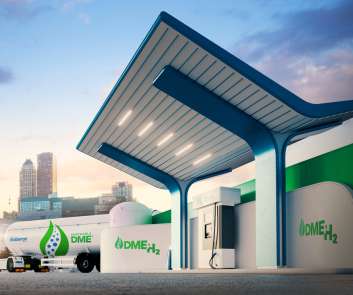

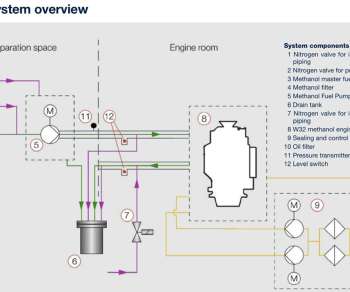

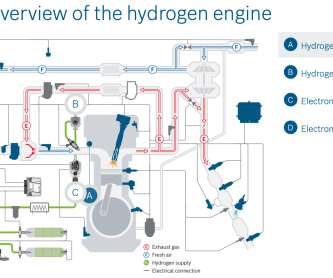







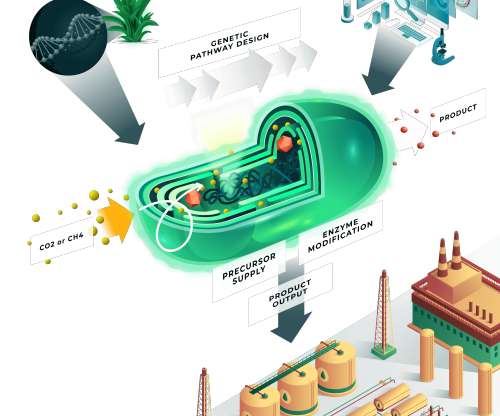
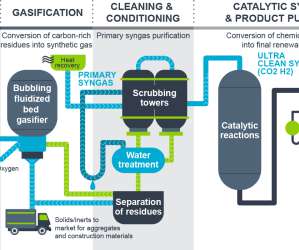

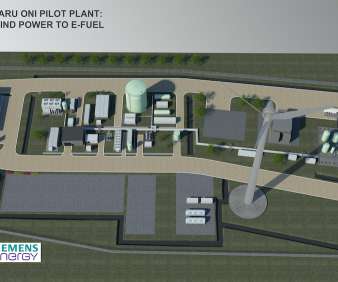













Let's personalize your content